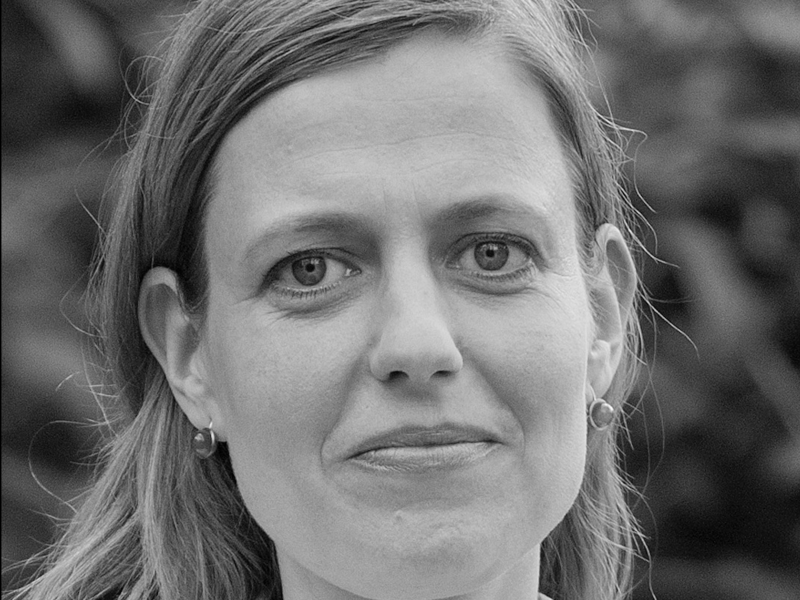 | Els van Wijngaarden Associate Professor in Contemporary Meanings of Ageing and Dying - Radboud Medical University Center |
-
01.03.2024-29.04.2024
Memento mori revisited: unravelling the complexity of the role of choice regarding death and dying in old age
OVERALL OBJECTIVES FOR THE ‘MEMENTO MORI REVISISTED’ PROJECT
For the first (conceptual) subproject, the key objective is to formulate a philosophical framework of choice that focuses in particular on the socio-cultural and relational embeddedness of choice processes, including a conceptual analysis of the relationship between choice and social imaginaries.
For the second (empirical) subproject, the key objective is to illuminate the experience of choice-making processes regarding death and dying in old age and the underlying socio-cultural and relational dynamics. I have empirically investigated both the relevant ‘social imaginaries’ and ‘lived experience’ to gain insight into the interplay between socio-cultural notions and personal experiences.
My third key objective is to analyse the moral experience of choice-making processes concerning death and dying in old age. Why and how does choice matter?
Synthesising the gained empirical and conceptual insights, I expect this project to lead to a new philosophically and empirically informed ethical theory about choices regarding death and dying, yielding:
- novel knowledge about the existential and moral impact of choice and control on how we live, age and die.
- deeper scientific understanding of the socio-cultural and relational dynamics regarding the choices concerned.
- refined vocabulary about choice that takes into account the complexity of lived reality.
- refinement of our moral discernment regarding the complexity of choice.
As one-sided, narrow discourse of choice entails the risk of depriving us of opportunities to thoroughly discuss heteronomous existential challenges,22 this theory (with its refined vocabulary) could even contribute to an enrichment of the experiences concerned:48 the more nuanced words we have, the more accurately we can describe and understand such profound experiences.
Specific outcomes targeted are:
- a renewed theory (see above).
- at least four scientific articles in top journals. The envisioned articles are: 1) a discourse analysis, 2) an empirical-phenomenological analysis of the lived experience of choice-making processes from a multiperspective, longitudinal angle. 3) a conceptual article providing a philosophical-sociological account of choice that focusses on its socio-cultural and relational embeddedness, and 4) an ethical analysis. Target journals are: 1) Social Science & Medicine, 2) The Gerontologist, 3) Medicine, Health Care and Philosophy, and 4) American Journal of Bioethics (AJOB) or Journal of Medical Ethics (JME).
- a book for the public with narratives and accessible essays to present the research outcomes to a broad audience.
SPECIFIC OBJECTIVES FOR MY BROCHER RESIDENCY
To achieve our goals the following objectives are identified:
- To bring together all collected literature and findings, discuss my evolving insights, complement our findings and insights with the latest input provide by the other visiting experts and write up the outcomes of my conceptual and synthesising study in two publications. And by doing so developing a theoretical account of end-of-life choices that does justice to the socio-cultural and relational embeddedness of these choices and decisions.
- To translate the findings to an audience outside academia, provide practical clues and stimulate the public debate on (the importance and the complexity of) end-of-life choicemaking.







 Previous
Previous